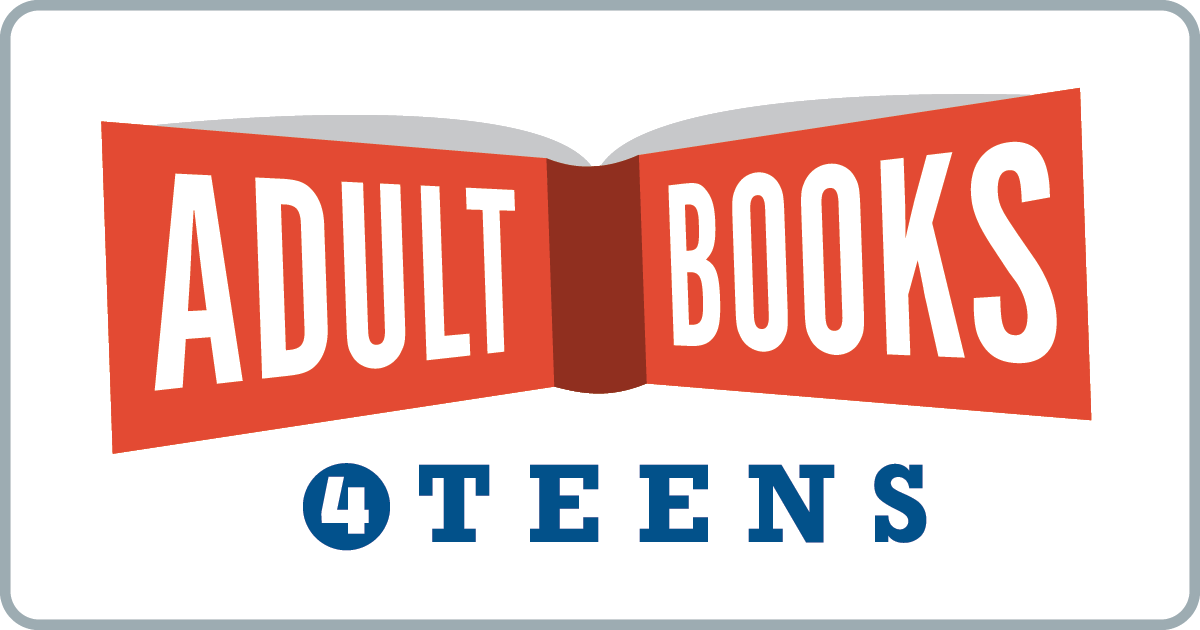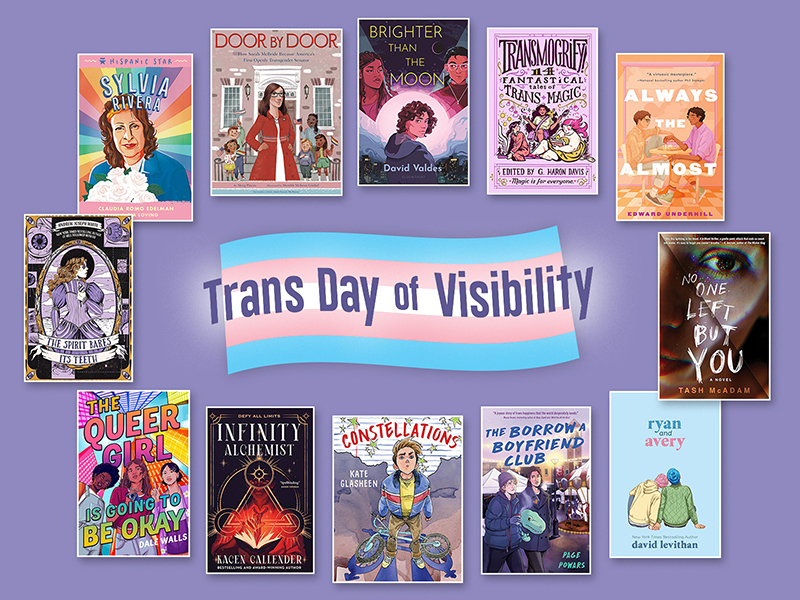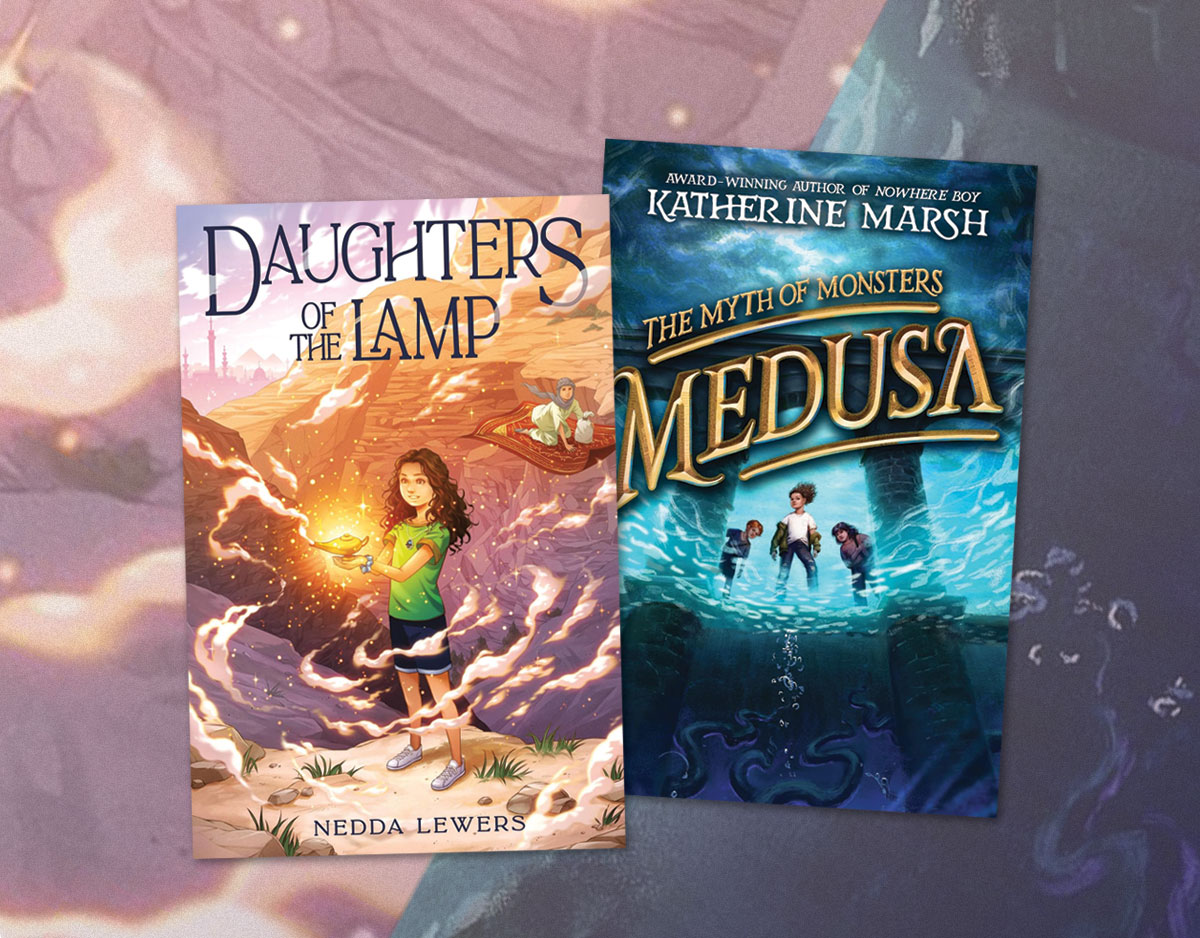SCROLL DOWN TO READ THE POST
Language in Speculative Fiction
Today we review two speculative novels in which language plays an important role.
The Word Exchange by Alena Graedon is all about language and the ways that technology changes words and communication. For teens who are as attached to their devices as to most of their actual body parts, this is ideally relevant literary fiction. (Slate titled their review “When Smartphones Attack.” Brilliant.) Certainly, smartphones have already changed language, communication, and the way we read and think. Graedon takes these changes a few steps further–steps that are not beyond the realm of future possibility.
Our reviewer cites The Word Exchange as good readalike for Max Barry’s Lexicon, which we LOVED on this blog last year. I suspect that fans of Mr. Penumbra’s 24-Hour Bookstore by Robin Sloan should also be directed to this one.
ADVERTISEMENT
ADVERTISEMENT
Chris Beckett‘s Dark Eden was published in 2012 in the U.K., where it won the 2013 Arthur C. Clarke award for best science fiction novel. Beckett also uses language, in this case as an element of world-building, to “suggest the unique dialect that would undoubtedly evolve in a small community cut off from Earth for 160 years.” This quote is from an article about creating the dialect (a combination of Brooklyn and London accented English mutated over time) and the subsequent challenge of recording the Dark Eden audiobook.
Obviously, reading a book that uses language mutations, including made-up vocabulary, can be challenging. Readers have to acclimate to the prose. Fortunately, both of these novels are very engaging and have clear appeal factors for the younger set. The Word Exchange has the technology hook and Dark Eden has teen characters who “struggle to be taken seriously by those dismissive of young people’s ideas.”
*GRAEDON, Alena. The Word Exchange. 370p. Doubleday. Apr. 2014. Tr $26.95. ISBN 9780385537650. LC 2013033165. 
Graedon’s debut novel is an SAT-prep dystopian masterpiece. Anana works for her father, at the North American Dictionary of the English Language. But the NADEL is dying, along with the printed word. Americans are so dependent on their memes (wearable smartphones) that they welcome the invention of implants and mind-controlling technology. Unfortunately, corporations (including one helmed by Anana’s ex-boyfriend) misuse the tech, and viral word flu devastates the country. Not only do those affected substitute created words for real words, but they also become nauseous and mentally unstable. Thousands die, riots ensue, and the protagonist must find her missing dad to help solve the mystery of the communication disaster. Anana, her family, and friends speak like a SAT vocabulary prep book, using words like “amanuensis,” “ouroboros,” and “scurf.” That alone makes this book accessible to teens who think the SAT Vocabulary Novels from SparkNotes are an insult. But, Graedon also creates delightful new words, and, though they are slow-going at first, chapters from the point of view of word flu sufferers are stand-outs. Well-read bibliophiles will recognize the literary connections, especially to Lewis Carroll and Samuel Johnson. Give this to teens who don’t mind a slower novel than Max Barry’s Lexicon (Penguin, 2013), and who like to explore dystopian mind games of M.T. Anderson’s Feed (Candlewick, 2004).—Sarah Hill, Lake Land College, Mattoon, IL
BECKETT, Chris. Dark Eden. 400p. Broadway. Apr. 2014. pap. $15. ISBN 9780804138680. 
The community of Eden came to be when Tommy and Angela, astronauts from Earth, were stranded on a distant planet. Their crewmates promised to rescue them from this cold, dark world where animals and plants were the only sources of light and heat. During the long wait for their crewmates’ arrival they began to procreate. Now, 163 years and 532 people later, the Edenites cling to their origin story, still expecting to be taken home by their earthly relatives. Space and resources are getting scarce as their population grows, but the Old Ones refuse to look for other places to live, fearing their rescuers won’t be able to find them. Fifteen-year-old John Redlantern is tired of waiting; he rejects staying still rather than taking action to improve their current existence. He tries to push for the importance of settling new areas and is immediately rebuffed. He defies the elders and takes off alone, soon joined by other young people anxious to move beyond the physical and mental boundaries of their community. Their dramatic journey, the effect of their departure on those left behind, and their eventual discoveries make an incredibly compelling story which will resonate with teens. The struggle to be taken seriously by those dismissive of young people’s ideas, watching fear of change lead to ossified thinking, and seeing missed opportunities for innovation will be familiar to many readers. The brilliant world-building paired with issues of independence give this sci-fi story broad appeal.—Carla Riemer, Claremont Middle School, CA
Filed under: Contemporary Fiction, Science Fiction, Weekly Reviews
About Angela Carstensen
Angela Carstensen is Head Librarian and an Upper School Librarian at Convent of the Sacred Heart in New York City. Angela served on the Alex Awards committee for four years, chairing the 2008 committee, and chaired the first YALSA Award for Excellence in Nonfiction for Young Adult committee in 2009. Recently, she edited Outstanding Books for the College Bound: Titles and Programs for a New Generation (ALA Editions, 2011). Contact her via Twitter @AngeReads.
ADVERTISEMENT
SLJ Blog Network
Happy Poem in Your Pocket Day!
This Q&A is Going Exactly As Planned: A Talk with Tao Nyeu About Her Latest Book
More Geronimo Stilton Graphic Novels Coming from Papercutz | News
Environmental Mystery for Middle Grade Readers, a guest post by Rae Chalmers
The Classroom Bookshelf is Moving
ADVERTISEMENT
ADVERTISEMENT







